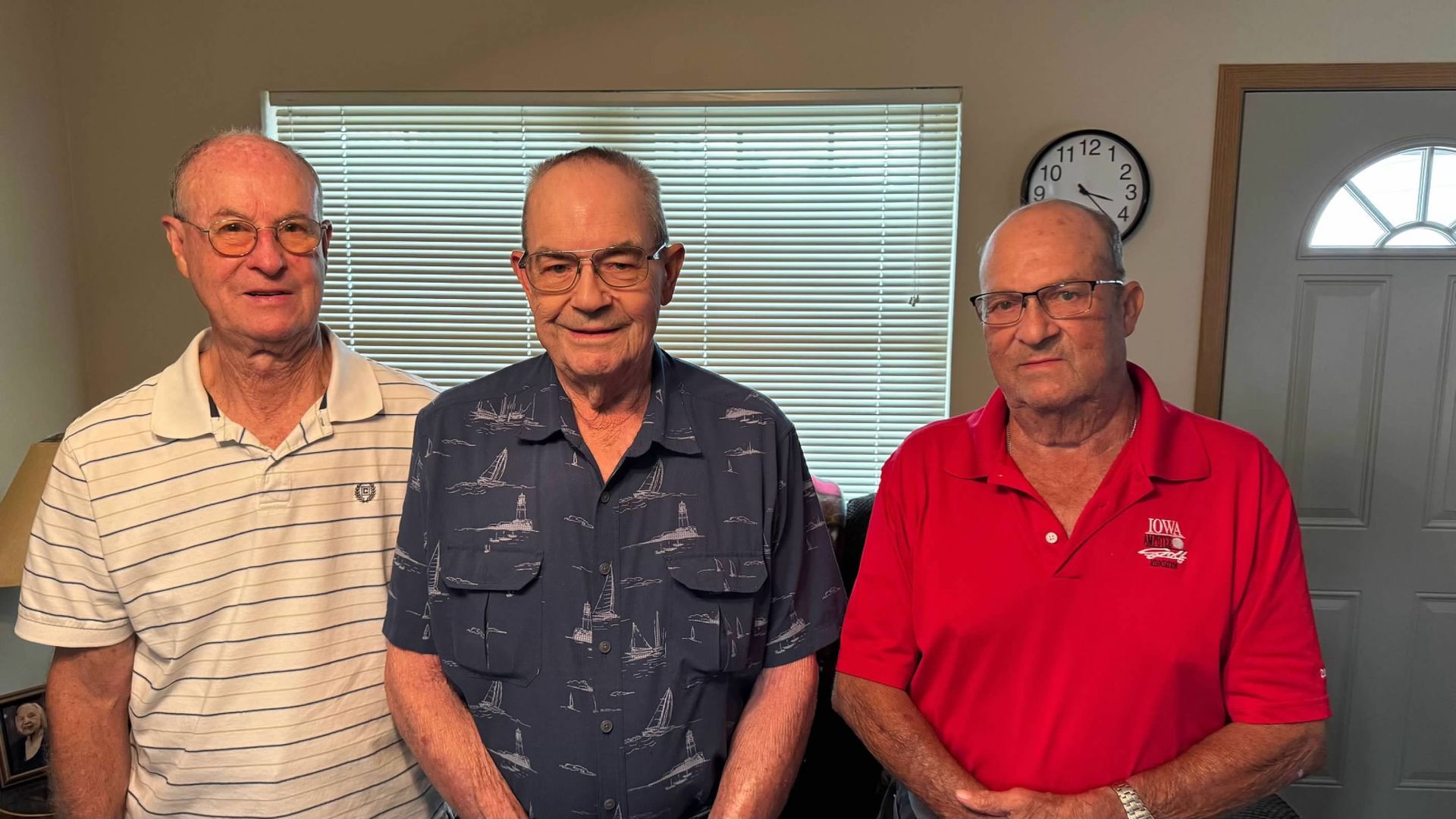Does Stumbling Disqualify Me from the Presidency?
A current political commercial includes a video clip of a politician stumbling while climbing up the stairs to Air Force One. The clip doesn’t mention the stumble, but the clear intended implication is that a president who struggles climbing stairs is unfit for office. Maybe I just don’t understand how important stair-climbing is to the duties of the United States president, but this seems like an insensitive cheap shot from the campaign of someone who purports to be deserving of the office.
Before I step on any toes, I should point out that this post isn’t intended as a political piece. Personally, I don’t care for, and won’t vote for, either of the candidates who appear to be leading the race. My issue is with using a physical handicap as a barometer for competence, and it’s personal.
Though Joe Biden is nearly 30 years older than me, he is much better at climbing stairs than I am. In fact, I don’t know if I could climb the stairs to Air Force One, but I’m sure that if I were president, someone would figure out how to get me on the plane. Sadly, that will almost certainly not happen – not because I don’t want to be president of the United States (I don’t); instead, my handicap would negatively affect my electability. A guy with obvious mobility issues like me wouldn’t have a chance to prove that he was otherwise capable and competent.
Even though a septuagenarian and an octogenarian are leading the race for the nation’s top office, we are a society that equates youth and physical appearance with competence, trust and admiration. We prefer and admire those who seem to “have it all together” over those who have obvious challenges, like the elderly and the handicapped.
Such discrimination is really no one’s fault. We’re all chasing an ideal. We want to appear as young, attractive and successful as possible, because that’s what is constantly modeled in the media and entertainment industry. Because we rarely see the elderly and disabled in key roles, we don’t consider them worthy or capable, but that blinds us to the potential of those we overlook.
Ironically, if we’re lucky, we’re all going to become old, and when we’re old, we’re likely to experience physical challenges. Though the pharmaceutical commercials want us to believe that we’re going to be active and healthy until that day that we topple over into our graves, that’s not reality. It’s much more likely that we’ll face a slow physical regression in our waning years. We’re not going to be any less viable or alive, yet the world around us will start to write us off.
I occasionally experience that, especially when I travel. Riding in my wheelchair with my wife pushing, I see check-in people at the airport, and front desk staff at hotels and restaurants, look right over my head and address my wife, while ignoring me. I get it. Time is often short, and I likely represent an obstacle to smooth check-ins. I’m also pretty sure that most people don’t handle interactions with people like me very well, because they’re unprepared and uncomfortable, and they subconsciously at least, see us as less worthy of their attention.
Don’t be that way. It’s been my experience that some of the most pleasant people you’ll meet are handicapped and/or elderly. Engage with us. Maybe even show a little compassion. We’ll likely reward your effort with a smile and maybe even inject a little optimism into your day. Most of all, don’t view our challenges as an indication of our competence, especially if you want our vote.

